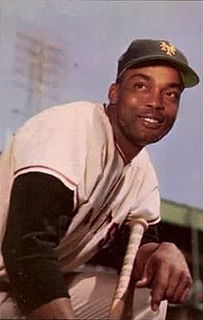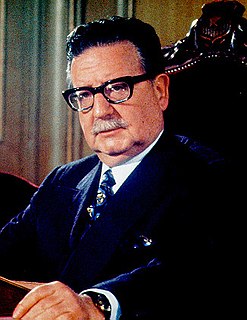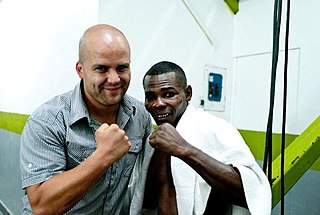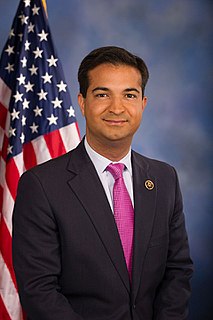A Quote by Dorothy Day
It wasn't until Castro marched triumphantly into Cuba that you might say the whole thing grew into a Marxist revolution.
Related Quotes
The theoretician of the Marxist revolution in Cuba certainly wasn't Castro. It was Don Carlos Rafaelo Rodriguez. He was the theoretician and very often people say he will take over. But I don't believe it. I think that it's a very good combination - the Catholic man working together with a man like that who has everything pretty well planned.
I was born in Cuba. At the age of 14 years of age I was involved in a revolution. We were suffering from a very cruel, oppressive dictatorship, and the revolution started in the high schools and the universities. So when I was 14, I was involved in the revolution. I was in the revolution four years. During that time, a young, charismatic leader rose up in Cuba, talking about hope and change. His name was Fidel Castro.
Thanks to pathetic reporting by The New York Times and other media sycophants more than 50 years ago, Fidel Castro, following the dictatorship of Fulgencio Batista, was also seen by many as a liberator of Cuba. 'I am not a communist and neither is the revolutionary movement.' Castro said at the time. Only after he consolidated power, did he tell the truth: 'I am a Marxist-Leninist and I will be one until the last day of my life.'
I have been to Cuba many times. I have spoken many times with Fidel Castro and got to know Commander Ernesto Guevara well enough. I know Cuba's leaders and their struggle. It has been difficult to overcome the blockade. But the reality in Cuba is very different from that in Chile. Cuba came from a dictatorship, and I arrived at the presidency after being senator for 25 years.
If you look at US internal documents, they explain very clearly what the threat of Cuba was. So, back in the early 1960s the State Department described the threat of Cuba as Castro's successful defiance of US policy, going back to the Monroe Doctrine. The Monroe Doctrine established the US claim to dominate the Western hemisphere and Castro was successfully defying that. That's not tolerable. It is like somebody saying "let's have democracy in Greece," and we just can't tolerate that so we have to destroy the threat at its roots.
Those people that created the cultural Marxist thoughts, one guy by the name of Antonio Gramsci, very important within the Frankfurt School, argued against the concept of Marxist Leninism, in which it was basically the revolutionary spirit where someone would say we need to rile up the lower classes and have a revolution and take over the factories.
































